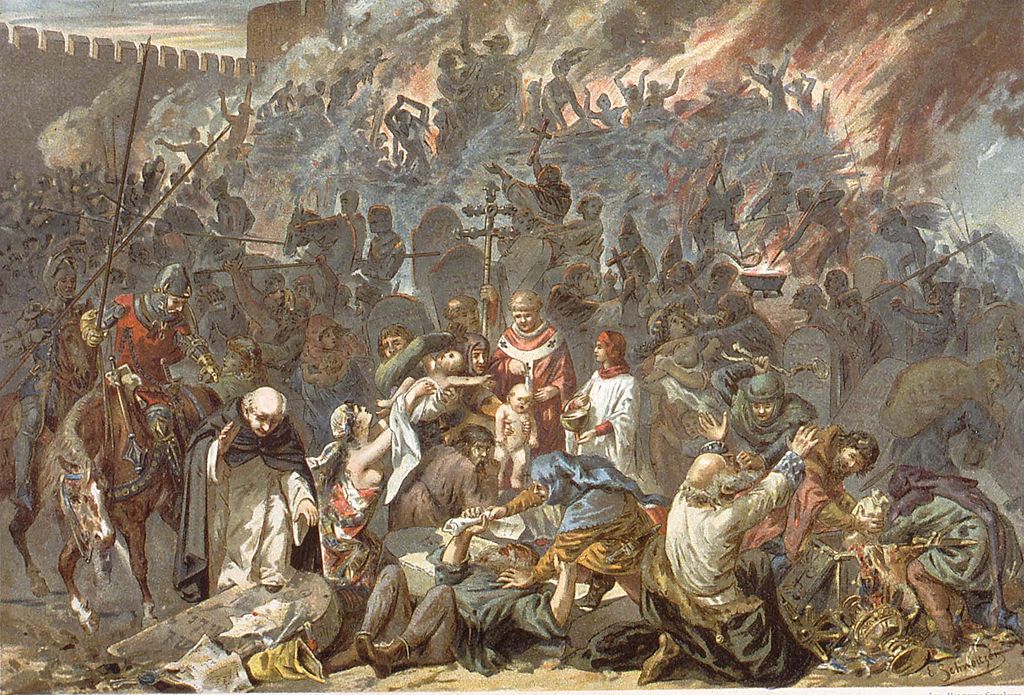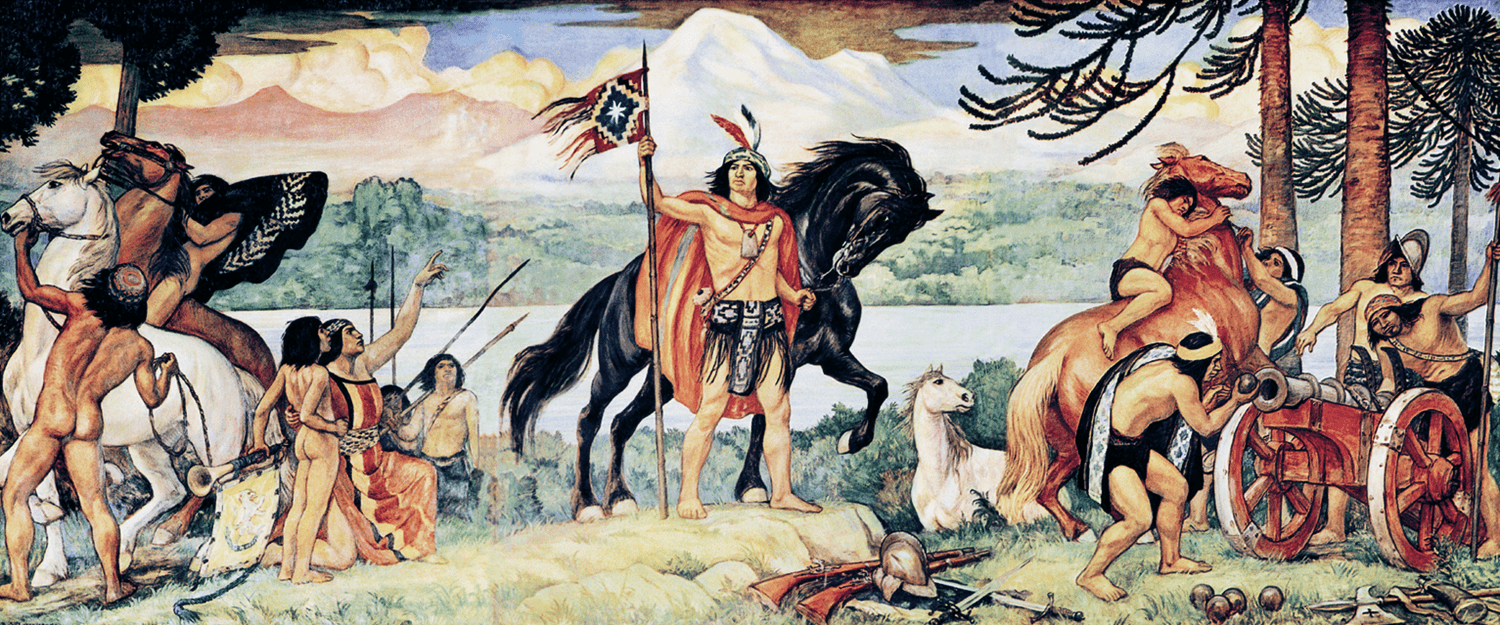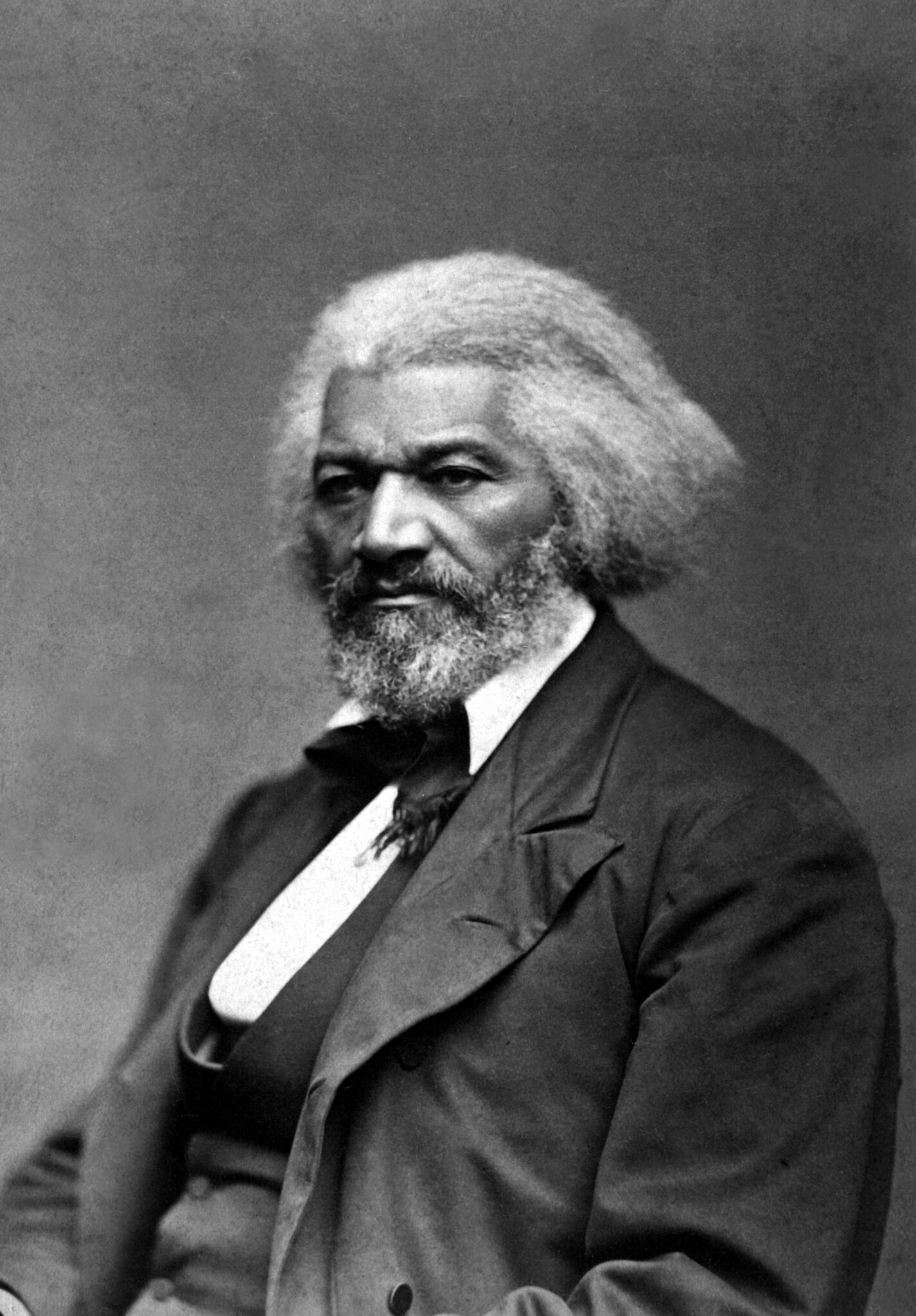
Today in Labor History February 14, 1349: Mobs burned hundred Jews to death in the Strasbourg Massacre. They forcibly deported the remaining Jews.
1500s-1600s
Today in Labor History February 14, 1530: Spanish conquistadores, led by Nuño de Guzmán, overthrew and murdered Tangaxuan II, the last independent monarch of the Tarascan state in present-day central Mexico.

Today in Labor History February 14, 1655: The Mapuches launched coordinated attacks against the Spanish in Chile beginning the Mapuche uprising of 1655.
1700s-1800s

February 14, 1779: Native Hawaiians killed Captain James Cook near Kealakekua, on the Big Island of Hawaii. The site is near the modern town of Captain Cook.

Today in Labor History February 14, 1817: Anti-slavery activist Frederick Douglass was born on this date. (Check out the graphic novel about Frederick Douglass by comic book artist extraordinaire, David Walker).
1900s-1910s
February 14, 1903: President Theodore Roosevelt signed a law creating the Department of Commerce and Labor.
Today in Labor History February 14, 1903: The Western Federation of Miners (WFM) went on strike for the 8-hour working day.
February 14, 1903: Composer Abel Meeropol was born on this date in the Bronx, NY. Meeropol wrote the anti-lynching song “Strange Fruit,” was a Communist, in the defense of the Rosenbergs, and adopted their sons after their execution.
Today in Labor History February 14, 1915: 8,000 to 10,000 unemployed workers rallied at Gateway Park, Minneapolis, in sleet and slush.
1940s

February 14, 1949: Canadian asbestos workers began a six-month strike. It also marked the beginning of the Quiet Revolution, a period of intense socio-political change in Quebec. The strike began at midnight on February 14, when miners walked off the job at four asbestos mines. Most of the mines were owned by American or English-Canadian companies, but most of the workers were francophones. The largest company was the American Johns-Manville firm. The workers’ demands included the elimination of asbestos dust inside and outside of the mill and a small raise.
Six weeks into the strike, Johns-Manville hired scabs to keep the mines open. 5,000 strikers attacked the scabs, destroying their property and intimidating them through force. Miners and police fought on the picket line. They arrested hundreds of miners. On March 14, someone blew up a part of a railroad track leading into the Johns-Manville property. On May 5, the strikers barricaded a mine and every road into and out of town. They only backed down when the police pledged to open fire on them. The next day, the police beat miners and began mass-arresting them. This intimidated the union leadership to the point that they gave in and agreed to return to work with few gains.
1980s-1990s
Today in Labor History February 14, 1989: Union Carbide agreed to pay $470 million to the Indian government for damages it caused in the 1984 Bhopal disaster.
February 14, 1997: A Detroit newspaper strike ended after six months, but a court ruling, one year later, ordered the reinstatement of more than 1,000 of the scabs who had worked during the strike.
2000s
Today in Labor History February 14, 2011: The Bahraini uprising began with a ‘Day of Rage’. It was part of the Arab Spring.